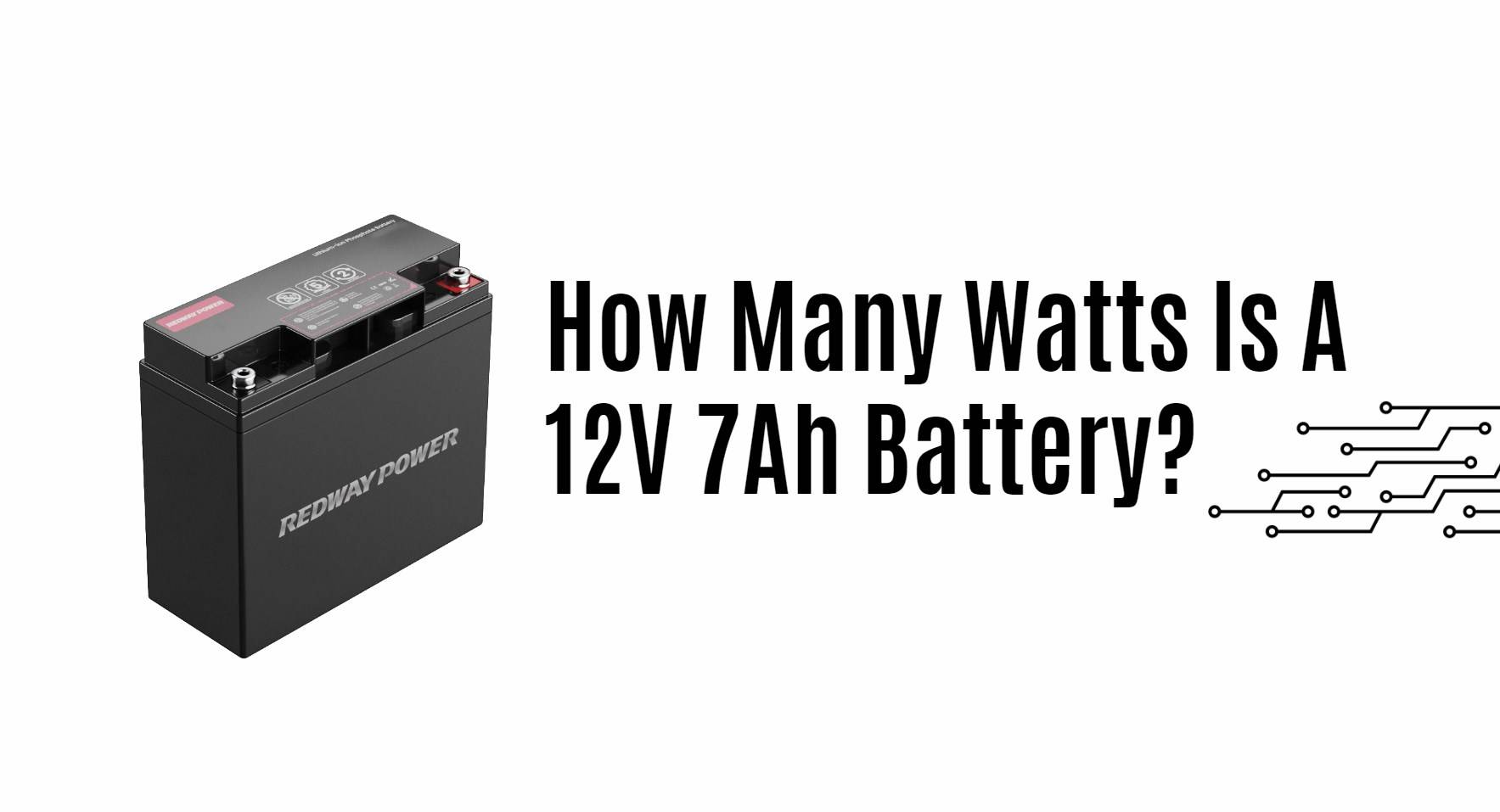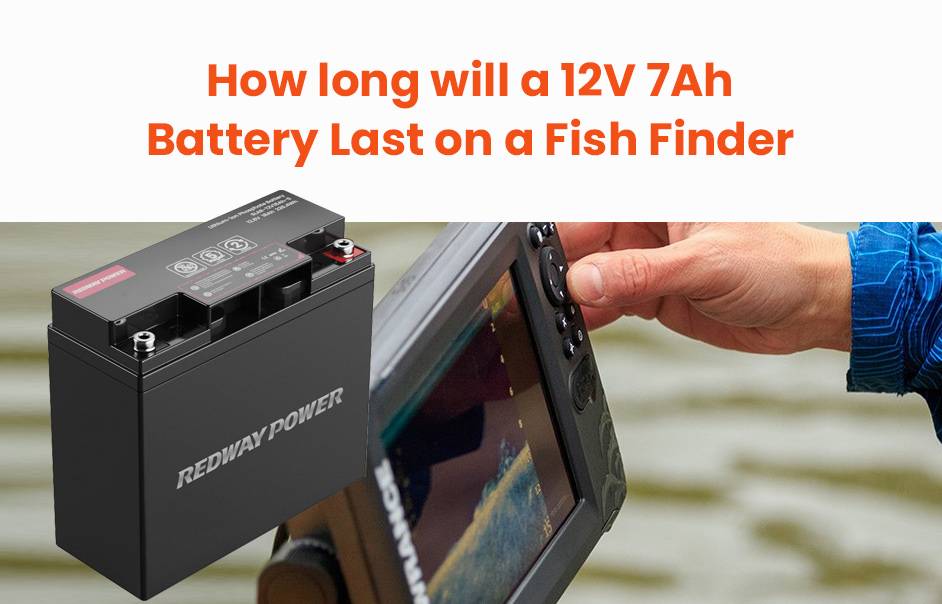In this enlightening blog post, we delve into the intricacies of voltage, amperage, and wattage to uncover the capabilities of a 12V 7Ah battery. By unraveling the relationship between these fundamental electrical concepts, we gain valuable insights into the battery’s power output and practical applications. Let’s embark on a journey to understand the basics and harness the true potential of this compact yet mighty energy source.
Understanding the Basics of Voltage and Amperage
Voltage represents electrical pressure, measured in volts (V), while amperage measures the rate of electrical flow, denoted in amps (A). Watts, indicating power, result from the product of volts and amps. Increasing voltage or amperage increases wattage, and understanding these relationships is crucial for assessing battery capacity.
The Relationship Between Watts, Volts, and Amps
Understanding watts, volts, and amps is crucial for grasping the power output of a 12V 7ah battery. Here’s how they interrelate:
- Concepts Defined: Watts measure power, volts indicate electrical potential, and amps represent current flow. Together, they determine overall wattage output.
- Simple Calculation: Wattage equals volts multiplied by amps. For a 12V 7ah battery, wattage is determined by multiplying 12 volts by 7 amps, providing insight into its power capacity.
- Capacity Determination: Amperage rating signifies the battery’s ability to sustain a continuous current flow, crucial for assessing its power output and suitability for different applications.
Understanding these principles aids in choosing the right battery for specific needs, considering factors like temperature and age. By evaluating watts, volts, and amps, informed decisions can be made to meet desired power requirements effectively.
Calculating Wattage for a 12V 7ah Battery
Calculating wattage for a 12V 7ah battery involves understanding volts and amps. Here’s how:
- Basic Definitions: Voltage is the potential difference in a circuit (12 volts in this case), while amperage measures current flow (7ah indicates ampere-hours).
- Simple Calculation: Multiply voltage by amperage to find wattage. For a 12V 7ah battery: 12V x 7A = 84 watts.
- Considerations: Wattage provides an indication of power output, but efficiency and capacity are also important. External conditions can affect performance, so watt-hour ratings may offer more accurate measurements.
Understanding these calculations helps in selecting the right battery for specific applications, ensuring sufficient power output for various devices or equipment.
Factors That Can Affect Wattage Output
When considering the performance of a 12V 7ah battery, various factors come into play. Here’s a breakdown of key factors influencing wattage output:
- Temperature: Extreme temperatures affect chemical reactions inside the battery, impacting wattage output. Maintain recommended temperature ranges for optimal performance.
- Battery Age and Condition: Older or heavily used batteries may deliver less wattage due to degradation over time.
- Connected Load: High-power devices draw more current, potentially reducing available wattage. Consider device power requirements when connecting to the battery.
- Internal Resistance: Higher internal resistance leads to energy loss during discharge, decreasing power output.
- Wiring and Connections: Incorrect wiring or connections can cause voltage drops or inefficient power transfer, affecting wattage output.
Understanding these factors helps in selecting and using a 12V 7ah battery effectively for your specific needs, ensuring optimal performance and longevity.
Practical Applications of a 12V 7ah Battery
When it comes to powering various devices and systems, the 12V 7ah battery proves to be a versatile and reliable solution. Here’s how it’s applied in different scenarios:
- Emergency Power Supply: Provides backup power for lights, radios, and communication devices during outages or emergencies.
- Portable Electronics: Powers camping lanterns, GPS devices, drones, and handheld radios for outdoor adventures.
- Marine Use: Starts boat engines and operates onboard systems like fish finders, navigation instruments, and bilge pumps.
- Solar Energy Storage: Stores excess solar energy for nighttime or low-light conditions in solar energy systems.
- Electric Scooters/Bikes: Supports electrical needs for lights and accessories, extending riding time between charges.
- Security Systems: Ensures uninterrupted power supply for surveillance cameras, alarms, and motion detectors during power outages.
These versatile batteries find applications in automotive, telecommunications, and medical equipment, demonstrating their wide-ranging utility across industries.
Choosing the Right Battery for Your Needs
Before purchasing a battery, it’s essential to assess your specific needs and requirements. Here’s a breakdown of factors to consider when choosing a 12V 7ah battery:
- Usage: Determine the devices or equipment you’ll power, as different applications may demand varying wattage outputs.
- Capacity: Consider the battery’s amp-hour (ah) capacity for longer runtime, balancing with size and weight.
- Voltage Compatibility: Ensure the battery’s voltage matches your application to avoid compatibility issues.
- Quality and Brand: Research reputable brands known for reliable performance to ensure longevity and efficiency.
- Budget: Compare prices while considering quality and performance to find the best value for your needs.
- Application-specific Requirements: Check for any specific battery recommendations or guidelines for your intended use case.
Considering these factors will help you make an informed decision and select a 12V 7ah battery that meets your needs effectively and efficiently. Always consult product specifications and seek expert advice for optimal functionality.
FAQs
Can 12V 7Ah Battery Be Charged with Solar Panel Without Controller?
Charging a 12V 7Ah battery with a solar panel without a charge controller is not recommended. A charge controller is essential for regulating the charging current and voltage to prevent overcharging or undercharging the battery. Without a charge controller, the battery may not receive the proper charging conditions, which can lead to reduced battery performance and lifespan.
-
Importance of a Charge Controller:
A charge controller plays a crucial role in regulating the charging current and voltage when charging a battery with a solar panel. It ensures that the battery receives the appropriate charging conditions, preventing overcharging or undercharging.
-
Regulating Charging Current and Voltage:
A charge controller regulates the flow of current from the solar panel to the battery, preventing excessive charging that can damage the battery. It also maintains the voltage within the safe range, ensuring optimal charging without risking the battery’s integrity.
-
Preventing Battery Damage:
Without a charge controller, the battery may be subjected to inconsistent charging conditions, leading to reduced performance and a shorter lifespan. A charge controller helps protect the battery from overcharging, which can cause electrolyte loss and damage to the internal components.
What Wattage Solar Panel Do I Need to Charge 12V 7Ah in 6 Hours?
To charge a 12V 7Ah battery in 6 hours, you would need around 100 watts of solar panel capacity. This estimation considers factors such as the battery’s capacity, charging efficiency, and available sunlight. It’s important to note that the required wattage may vary depending on specific conditions and system efficiency.
-
Approximate Wattage Calculation:
Based on general guidelines, it is recommended to have around 100 watts of solar panel capacity to charge a 12V 7Ah battery in 6 hours. This estimation takes into account the battery’s capacity, charging efficiency, and the available sunlight during the charging period.
-
Factors to Consider:
Several factors can influence the required wattage, such as geographical location, weather conditions, and system efficiency. The actual wattage needed may vary depending on these factors. It’s essential to consider these variables when determining the appropriate solar panel capacity for efficient charging.
-
System Efficiency:
The efficiency of the solar charging system plays a significant role in the overall performance. Factors like wiring losses, charge controller efficiency, and battery condition can affect the charging process. Optimizing system efficiency ensures effective utilization of the solar panel’s capacity.
Are All 12V 7Ah Batteries the Same?
Not all 12V 7Ah batteries are the same. Different types of 12V 7Ah batteries exist, including wet/flooded, Gel-Cell, AGM lead-acid, and lithium batteries. These batteries may vary in their construction, performance, and characteristics. It’s essential to consider the specific type and specifications of the 12V 7Ah battery for different applications.
-
Types of 12V 7Ah Batteries:
There are different types of 12V 7Ah batteries available in the market. These include wet/flooded, Gel-Cell, AGM lead-acid, and lithium batteries. Each type has its own construction, performance characteristics, and suitability for specific applications.
-
Construction and Performance Variations:
The construction of 12V 7Ah batteries can vary depending on the type. For example, wet/flooded batteries have a liquid electrolyte, while Gel-Cell and AGM batteries have a gel or absorbed glass mat electrolyte. These variations can affect factors such as maintenance requirements, charging efficiency, and cycle life.
-
Application-Specific Considerations:
Different applications may require specific types of 12V 7Ah batteries based on their performance requirements. For example, lithium batteries are known for their lightweight and high energy density, making them suitable for portable devices. AGM lead-acid batteries, on the other hand, are often used in backup power systems due to their reliability and deep cycle capabilities.
Can 12V 7Ah Battery Be Charged with Car Battery Charger?
Using an automotive battery charger to charge a small sealed lead-acid battery like a 12V 7Ah battery is not recommended. Car battery chargers are designed for larger SLI batteries and charge at a high amperage, which can be too much for small batteries. It is advisable to use a charger specifically designed for the battery’s size and type to ensure safe and optimal charging.
-
Compatibility Issues:
Car battery chargers are designed for larger SLI (Starting, Lighting, and Ignition) batteries and deliver a high amperage charge. This high amperage can be too much for small sealed lead-acid batteries like a 12V 7Ah battery. Using an automotive charger may result in overcharging and potential damage to the battery.
-
Recommended Charging Method:
To ensure safe and optimal charging, it is advisable to use a charger specifically designed for the size and type of the battery. Manufacturers often provide compatible chargers that deliver the appropriate charging current and voltage for the 12V 7Ah battery, ensuring a reliable and efficient charging process.
-
Alternative Charging Options:
If a dedicated charger is not available, alternative charging methods such as solar chargers or smart chargers can be used. These chargers are designed to provide the correct charging parameters for small sealed lead-acid batteries, including the 12V 7Ah battery. They offer precise control over the charging process, preventing overcharging and optimizing battery performance.
How Long Will 12V 7Ah Battery Last?
A 12V 7Ah battery can typically last for about 1 to 1.5 hours under a moderate power load. The duration of the battery’s usage depends on the power requirements of the connected device. It’s important to consider factors such as the device’s power consumption and the battery’s condition when estimating the battery’s lifespan.
-
Typical Duration:
A 12V 7Ah battery can generally support equipment operation for approximately 1 to 1.5 hours under a moderate power load. This duration serves as a reference point, but it’s important to note that the actual usage time may vary based on the power requirements of the connected device.
-
Power Requirements:
The duration of a 12V 7Ah battery’s usage depends on the power consumption of the device it powers. Devices with higher power requirements will drain the battery more quickly, resulting in a shorter usage time. It’s essential to consider the power consumption of the device when estimating the battery’s lifespan.
-
Battery Condition:
The condition of the 12V 7Ah battery also plays a role in its lifespan. Over time, batteries may experience capacity degradation, reducing their ability to hold a charge and affecting their usage duration. Regular maintenance and proper charging practices can help optimize the battery’s condition and prolong its lifespan.
Post Views: 562


